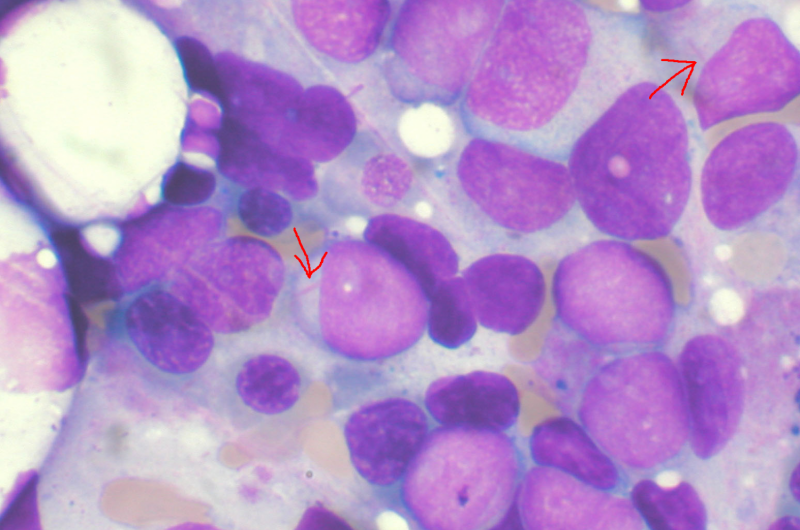Innovative Virtual Nurse Shows Promise in Promoting Vaccination

Research from SWPS University reveals that virtual nurses can effectively persuade individuals to receive vaccinations, offering a new tool to combat vaccine hesitancy and misinformation.
Recent research conducted by SWPS University demonstrates that interaction with a virtual nurse can effectively encourage individuals to get vaccinated. As public health efforts continue to combat vaccine hesitancy, especially in the wake of misinformation spread during the COVID-19 pandemic, innovative solutions are increasingly vital.
Scientists have developed an application called FLORA, featuring a virtual nurse who engages users in conversations about health and the importance of influenza vaccination. This virtual assistant assesses individual risk factors for complications from the flu and discusses the benefits of vaccination. The study involved large-scale experiments with over 1,700 participants, divided into groups that interacted with the virtual nurse, completed questionnaires, or read informational leaflets.
The virtual nurse, depicted as a friendly avatar, guides users through a dialogue that resembles real conversations, sometimes incorporating humor to enhance engagement. Results showed that participants who spoke with FLORA significantly perceived a lower risk of flu complications. When the virtual dialogue was paired with a direct vaccination request, willingness to get vaccinated increased dramatically—by 33 times compared to other methods.
This indicates that while virtual interactions alone can influence attitudes, combining them with clear calls to action markedly boosts vaccination acceptance. The study highlights the potential for virtual assistants to support healthcare providers by facilitating empathetic, credible, and accessible communication, especially when healthcare professionals face high workloads. Incorporating such technology could help address vaccine hesitancy, combat misinformation, and ultimately improve public health outcomes.
In conclusion, the deployment of virtual nurses like FLORA represents a promising step toward innovative health communication strategies, making vaccination information more engaging and persuasive. These findings pave the way for further integration of artificial intelligence in public health initiatives.
Source: https://medicalxpress.com/news/2025-05-virtual-nurse-vaccinated.html
Stay Updated with Mia's Feed
Get the latest health & wellness insights delivered straight to your inbox.
Related Articles
New Surface Protein Mechanism Identified in Leukemia Cells to Evade Immune System
Lund University researchers have identified a surface protein, SLAMF6, that helps leukemia cells evade immune detection. Blocking this protein may lead to new targeted therapies for resistant AML.
Eight Babies Successfully Born Using Mitochondrial Donation Technique to Prevent Mitochondrial DNA Diseases
New treatment using mitochondrial donation technique has successfully resulted in eight healthy births, reducing the risk of inheriting mitochondrial DNA diseases. This breakthrough offers hope for affected families and marks a significant advancement in reproductive medicine.
Innovative Drug IHMT-15130 Targets Heart Muscle Thickening and Inflammation
A novel compound, IHMT-15130, shows dual action in reducing heart muscle thickening and inflammation, offering new hope for cardiovascular therapies. Developed by Chinese researchers, it targets BMX kinase with high selectivity and efficacy in preclinical models.
Innovative Drug Enables Nerve Tissue to Emit Light for Safer, Accelerated Surgery
A novel drug, bevonescein, enables nerves to emit light during surgery, enhancing visualization for safer and faster procedures. Currently in clinical trials, this breakthrough could revolutionize surgical nerve preservation.



